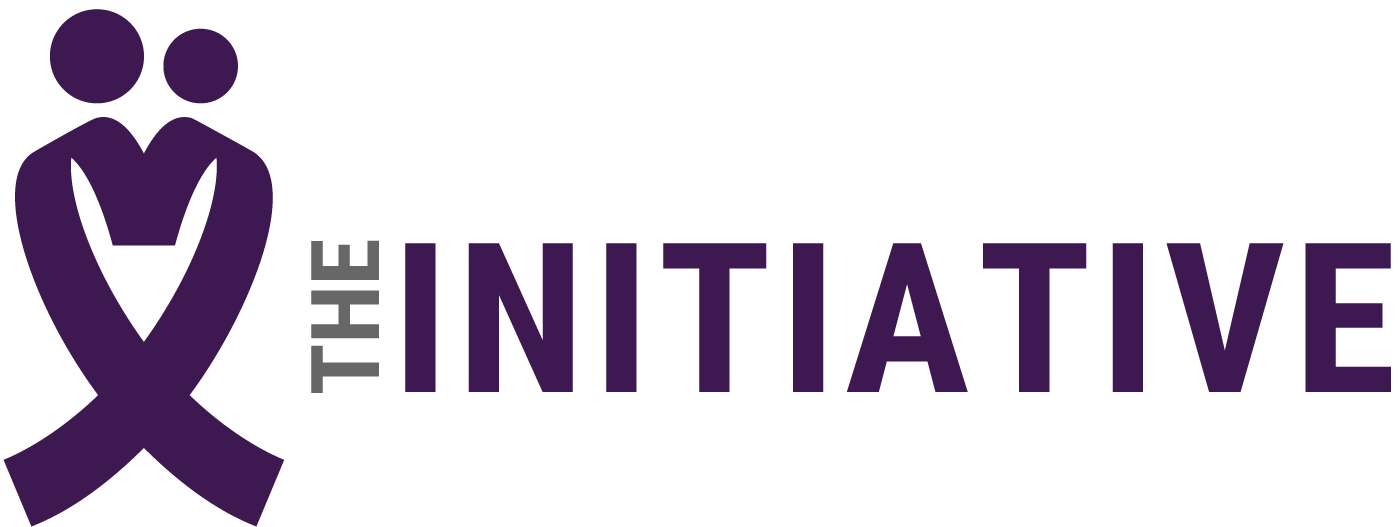
Safety Alert
Your internet use may be monitored by your abuser. You can click on “EXIT” at any time to be taken to www.weather.com. This will not delete your search history, so make sure to delete your history if you need to. Be aware that someone can press “back,” and it will go back to this page.
Exit

The Initiative is proud to provide extensive training services relating to domestic abuse, people living with disabilities, accessibility, working with marginalized communities, and more. We have worked with law enforcement agencies, community based organizations, nonprofit organizations, and companies across the state and would be please to discussed how we can meet your training needs in our areas of expertise.
